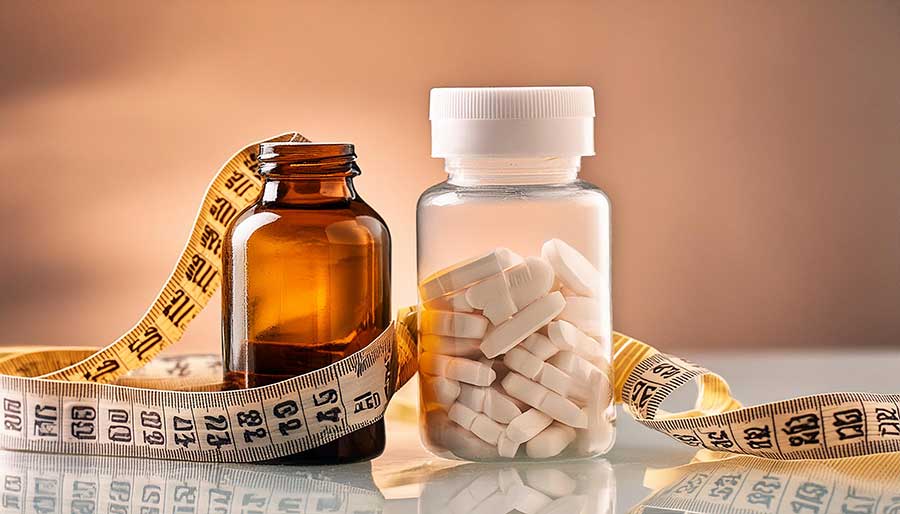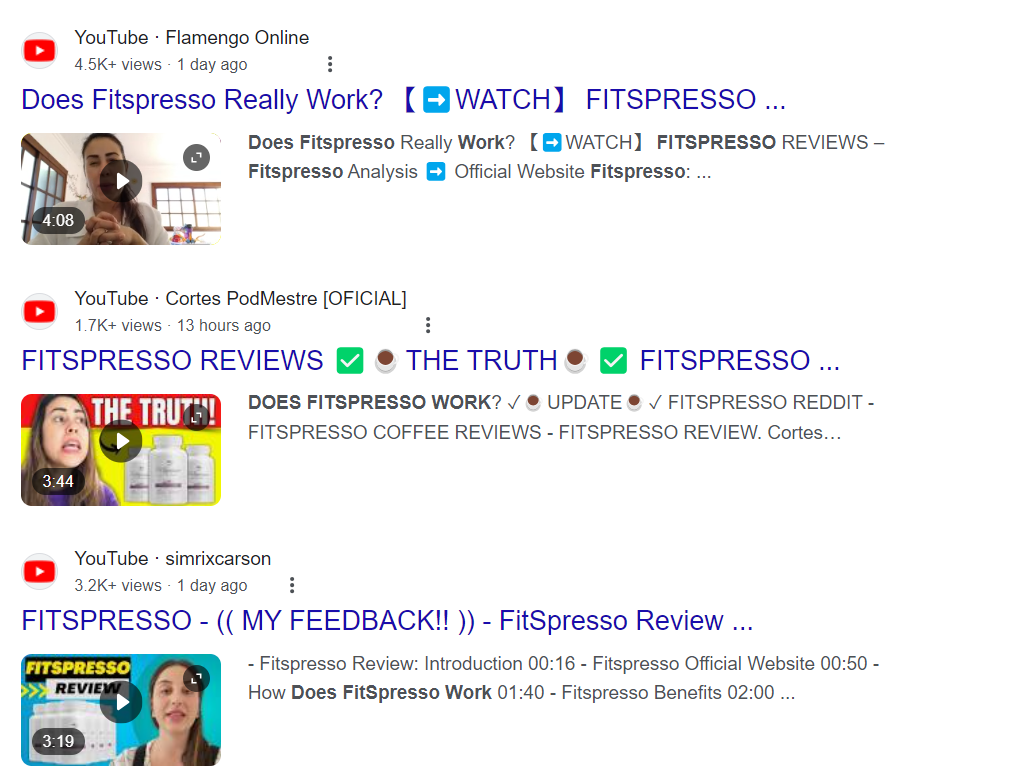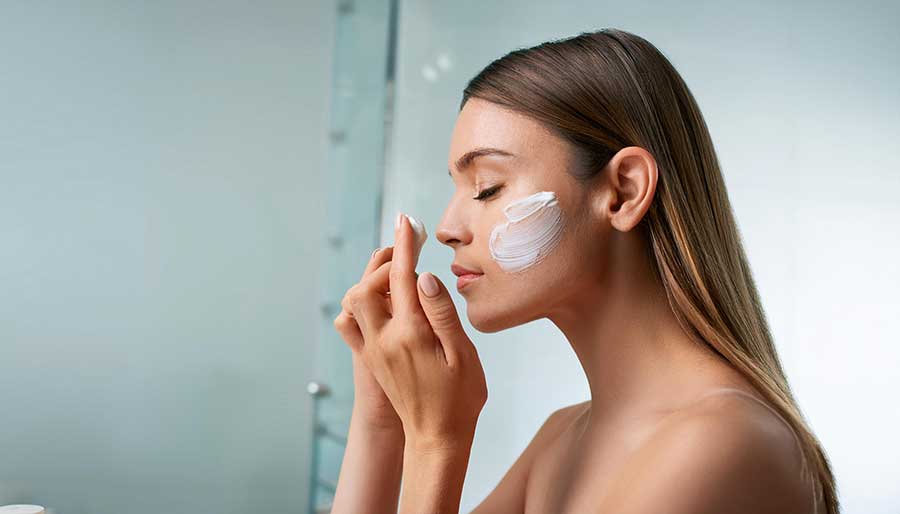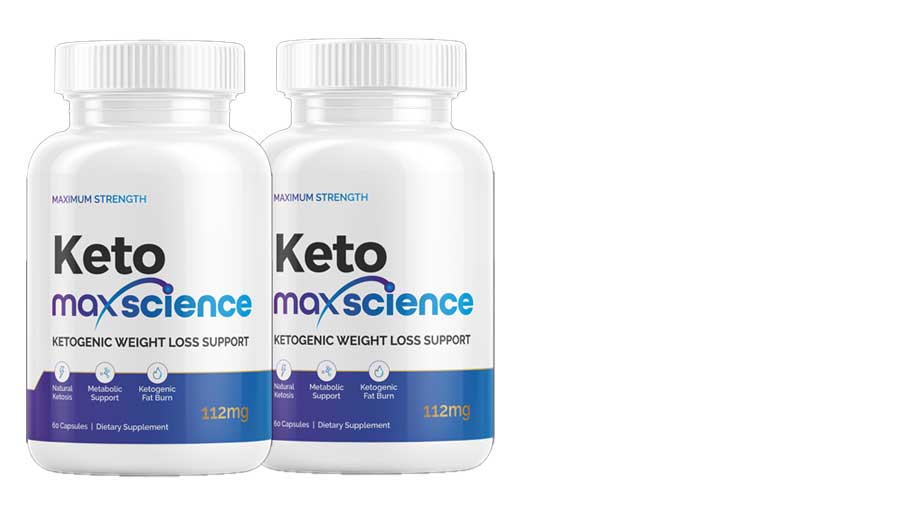
Diet Pill Scams Explained
The allure of quick and easy weight loss often draws people toward diet supplements – everyone wants to lose weight and look younger without having to make drastic changes to our lives and the comfortable habits we’ve formed. Health and beauty companies know this, and so they promise the solution in a magical little pill, or a lotion. And some of the claims are outrageous.
Worse yet, some of these supplements can be harmful – not just because many ingredients are untested and unproven, but because people often change their behaviors based on these promises. For example – many diet pills are marketed as being a total solution, so you can still eat pizza every day, and not worry about having to exercise.
Did you know, that in the US, UK and Australia, it’s illegal for companies to make claims that their products will treat, diagnose, prevent or cure a disease. Beyond that - they can make any other outrageous claims they like (think belly fat gone in 2 weeks, wrinkles vanished overnight etc)
To help you navigate this tricky terrain, here are several warning signs that a diet supplement might be a scam:
1. Too Good to Be True Claims
The most obvious sign of a scam is when a supplement promises miraculous results. Be wary of phrases like “lose weight without diet or exercise,” “lose 10 pounds in a week,” or “burn belly fat while you sleep.” If a product guarantees results that seem too good to be true, it probably is. Effective weight loss and health improvement typically require a combination of a balanced diet, exercise, and sometimes medical intervention—not just a pill.
2. Secret Ingredients
If a supplement claims to have a “secret ingredient” that’s the key to its effectiveness, this is a red flag. Legitimate companies are transparent about their ingredients and their effects. Secret ingredients can be a cover for substances that are either ineffective or potentially harmful. The U.S. Food and Drug Administration (FDA), the UK MHRA and the Australian TGA, all require that every ingredient in dietary supplements be disclosed on the label.
3. No Scientific Backing
Reliable diet supplements are usually supported by scientific research. If a product’s website or promotional materials lack references to credible scientific studies, be cautious. Additionally, be skeptical of studies that are not peer-reviewed or conducted by the manufacturers themselves, as these can be biased. Look for endorsements from reputable health organizations and scientific journals. We also recommend following any research links they provide to check they are legitimate as these references can often just be for show on a website.
4. Celebrity Endorsements and Testimonials
While celebrity endorsements can add a veneer of credibility, they are often paid promotions and not genuine endorsements of the product’s effectiveness. Similarly, be cautious of glowing testimonials. These can be fabricated or exaggerated and are not a substitute for scientific evidence. Real results vary from person to person, and genuine reviews should reflect a range of experiences.
6. Affiliate Marketing Schemes

Many scam products are heavily promoted through affiliate marketing. Affiliates earn commissions for every sale they generate, which incentivizes them to use aggressive marketing tactics. This can include fake reviews, deceptive advertisements, and exaggerated claims. Always check the credibility of the source promoting the product. If the promotion is coming from a site known for pushing a wide variety of dubious supplements, it’s a strong indicator that the product may be a scam. Reliable health products are typically endorsed by recognized health professionals, not just online marketers.
5. Pressure Tactics
Scam products often use high-pressure sales tactics to rush you into a purchase. This can include limited-time offers, countdown clocks, or claims that stock is running out fast. Legitimate companies don’t need to pressure customers; their products stand on their own merits. Take your time to research and verify the product’s claims before making a decision.
7. Unrealistic Before and After Photos
Before and after photos can be manipulated easily with software or by using AI techniques. Be cautious if the transformations seem drastic or if the photos look professionally altered. Look for genuine user-generated content and cross-check reviews from multiple sources to get a more accurate picture of the product’s effectiveness.
8. Exaggerated Labels and Language
Supplements labeled as “scientific breakthrough,” “miraculous cure,” or “ancient secret” are usually overselling their effectiveness. Legitimate supplements use straightforward language and provide factual information about what the product can realistically achieve.
9. Conspiracy Theories
Right along side the exaggerated claims often come the conspiracy theories – like “This is the cure Big Pharma doesn’t want you to know about”. Honestly, if “Big Parma” saw evidence that it worked as claimed, they would have patented it already. These are just tactics that marketers use to distract consumers from the obvious, common-sense questions about the so-called miracle cure.
In a market flooded with diet supplements, it’s crucial to remain vigilant and critical. By keeping an eye out for these red flags, you can better protect yourself from scams and focus on products that are safe and potentially effective. Always consult with a healthcare professional before starting any new supplement regimen to ensure it aligns with your health needs and goals. Remember, if it sounds too good to be true, it probably is.
References
1. 6 Tip-offs to Rip-offs: Don’t Fall for Health Fraud Scams – FDA Guide
2. Watch out for weight loss scams – ACCC
3. A guide to weight loss products – TGA
Author
Why do we do these reviews?
You could probably consider us the anti-influencers. You won't find glamorous videos posted by beautiful people here, and we are not compensated for selling you things. In fact we do the opposite - we use facts, research and data to inform you.
We do this because the health & beauty industry so often seeks to profit from your insecurities - and honestly, that's not OK with us.
~ Danielle x
Read more about us & our work here>


